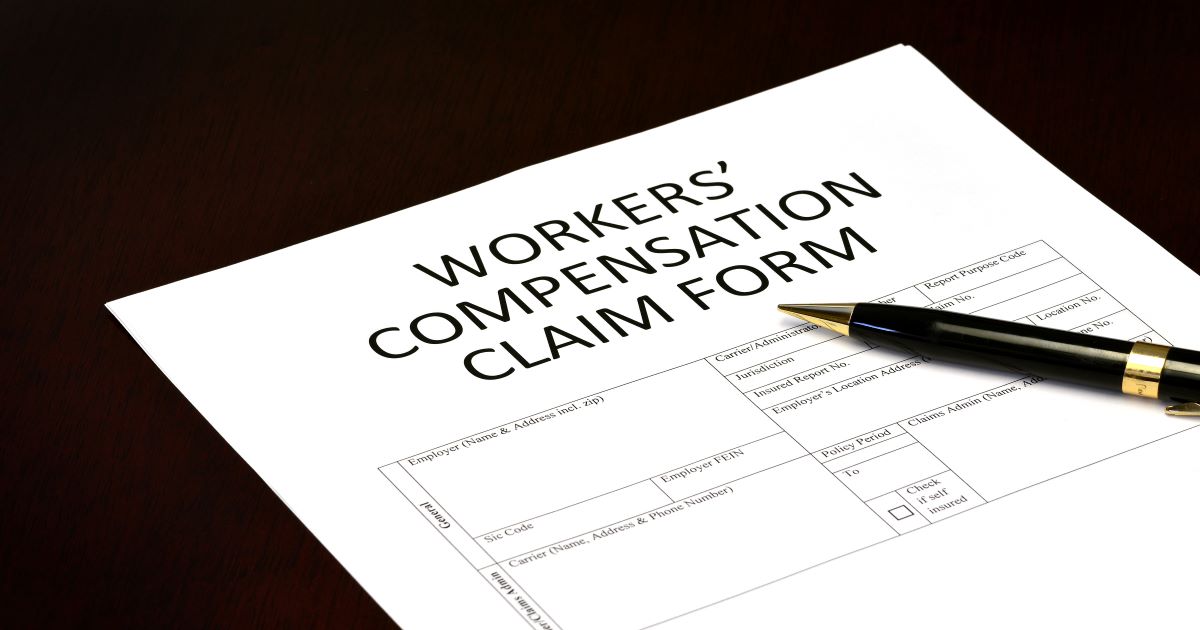Winter brings unique challenges for those who take temporary jobs in various industries. Many of these jobs expose seasonal employees to harsh weather and extreme temperatures. There are systems in place to protect the rights of all types of workers, whether they have been with a company for a few years or just a few weeks.
Seasonal employees who are hurt on the job can file a claim for workers’ compensation benefits to cover any medical bills or lost wages after a job-related accident. This article will explore the common hazards seasonal workers face, what can be done to prevent workplace accidents, and what employees should know about workers’ compensation.
Common Safety Concerns for Seasonal Employees
Cold weather: During the winter months, low temperatures pose a risk to construction workers, delivery drivers, first responders, and others who work outdoors. Cold air and damp clothing draw heat from the human body, increasing the chance of hypothermia, a condition where the body loses heat faster than it can produce it.
Hypothermia sets in when the body temperature dips below 95 degrees Fahrenheit. At that low temperature, the body’s organs cannot function properly. Without treatment, heart failure, respiratory failure, and even death are possible. Common symptoms of hypothermia include:
- Confusion and/or loss of memory
- Shallow, slow breathing
- Loss of consciousness
- Mumbling or slurred speech
- Shivering
- Weak pulse
Wearing extra layers of clothing, staying dry, and limiting exposure to cold weather all help prevent hypothermia and other cold-related injuries, like frostbite and tissue decay.
Bending and Lifting: Many seasonal jobs involve sorting, packing, and delivering holiday gifts. These tasks are highly physical and can put a significant strain on the body. Without good technique and equipment to assist in the process, workers can suffer painful musculoskeletal injuries, such as bone fractures, muscle tears, and neck and back pain. Most jobs require workers to move heavier objects at some point. Knowing the right way to lift items will prevent pain and protect the neck, back, knees, and legs:
- Stand with the feet close to the base of the object being lifted.
- Face the object directly. Bend the knees and squat over the item.
- Still squatting with a straight back, grasp the item with both arms.
- Slowly rise to a standing position, using the leg muscles to propel the body upwards.
When done correctly, this lifting technique gets its power from the arms and legs, sparing the lifter from sprains, strains, and debilitating back pain. If items are too heavy to lift comfortably, use a forklift or other equipment to transport cargo safely and quickly.
Slips, Trips, and Falls: Falls are one of the leading causes of occupational injuries in the United States. While minor falls can cause cuts and bruises, more serious slips and trips can leave workers with permanent head, neck, and spine injuries. Slippery floors, poor lighting, and debris in common areas often lead to falls at work. Those who work at heights should always utilize fall protection equipment, which can be lifesaving during an unexpected fall to a lower level. Preparing for common hazards goes a long way to reducing preventable accidents.
Driving Hazards: Delivery drivers are in high demand during the holidays. That means more traffic and a greater chance of motor vehicle accidents. Some of these crashes are caused by faulty equipment or poorly maintained vehicles. Human error is to blame for others. Drivers looking at their phones, eating meals behind the wheel, or adjusting instruments on the dash can cause a devastating accident in just two to three seconds.
Fatigue is another problem plaguing individuals who drive for a living. Long-haul truckers are especially prone to drowsy driving accidents because of their long work shifts and monotonous routes. Employers should mandate rest breaks for all drivers to avoid catastrophic rear-end crashes and other types of accidents. Effective safety training for seasonal drivers is essential for keeping everyone on the road safe.
Flu and COVID-19: Temporary workers who take jobs during the winter months should take precautions to avoid the flu and COVID-19. To stay safe and healthy and prevent the transmission of these illnesses, the Centers for Disease Control and Prevention (CDC) recommend:
- Wearing a face covering of two or more layers
- Washing hands often with soap and water or hand sanitizer when fresh water is unavailable
- Staying at least six feet apart from others when outside the home
- Cleaning and disinfecting frequently touched surfaces daily
- Monitoring for symptoms and calling a doctor when feeling ill or having a temperature
Are Seasonal Workers Protected Under the Law?
Some employers increase staffing to accommodate the increase in holiday shopping demands. From assembly lines to retail stores, seasonal jobs are a welcome opportunity for many individuals to earn additional income. The United States Department of Labor’s Wage and Hour Division sets and enforces fair labor standards that ensure workers are paid a fair wage for all hours worked. The Occupational Safety and Health Administration (OSHA) establishes and enforces safety standards for all types of workplaces as well.
Employees who work less than 40 hours a week are subject to these standards and afforded these protections under the law. That means that part-time, seasonal employees are entitled to fair pay, according to the minimum wage in their state, and a safe work environment free of known hazards.
Can Seasonal Workers Collect Workers’ Compensation?
In 2017, just over 18 percent of worker fatalities involved contract employees. Many more were injured in accidents that likely could have been prevented. That leaves a lot of questions about the rights of seasonal workers. Seasonal workers are covered by workers’ compensation starting on the first day of employment. Workers’ compensation benefits include payments for:
- Lost wages
- Costs for present and future medical care
- Funeral expenses
Seasonal workers who get hurt on the job should immediately report the accident to their employer. From there, they can get the appropriate medical care and file a claim for benefits. If the employer disputes the claim because the worker is temporary or part-time, a skilled workers’ compensation lawyer can help.
South Jersey Workers’ Compensation Lawyers at Pietras Saracino Smith & Meeks, LLP Protect the Rights of Seasonal Workers
Seasonal employees are just as valuable as full-time workers, and they receive the same protections under the law. If you suspect your rights have been violated or have questions about your pay or overtime as a temporary worker, contact the South Jersey workers’ compensation lawyers at Pietras Saracino Smith & Meeks, LLP. We know the unique challenges holiday workers face, and we know your rights. If you have been hurt on the job, regardless of your status, call 856-761-3773 or contact us online for a free consultation. Located in Cherry Hill, New Jersey, we serve clients across South Jersey, including Maple Shade, Pennsauken, Cinnaminson, Delran, and Camden, New Jersey.













